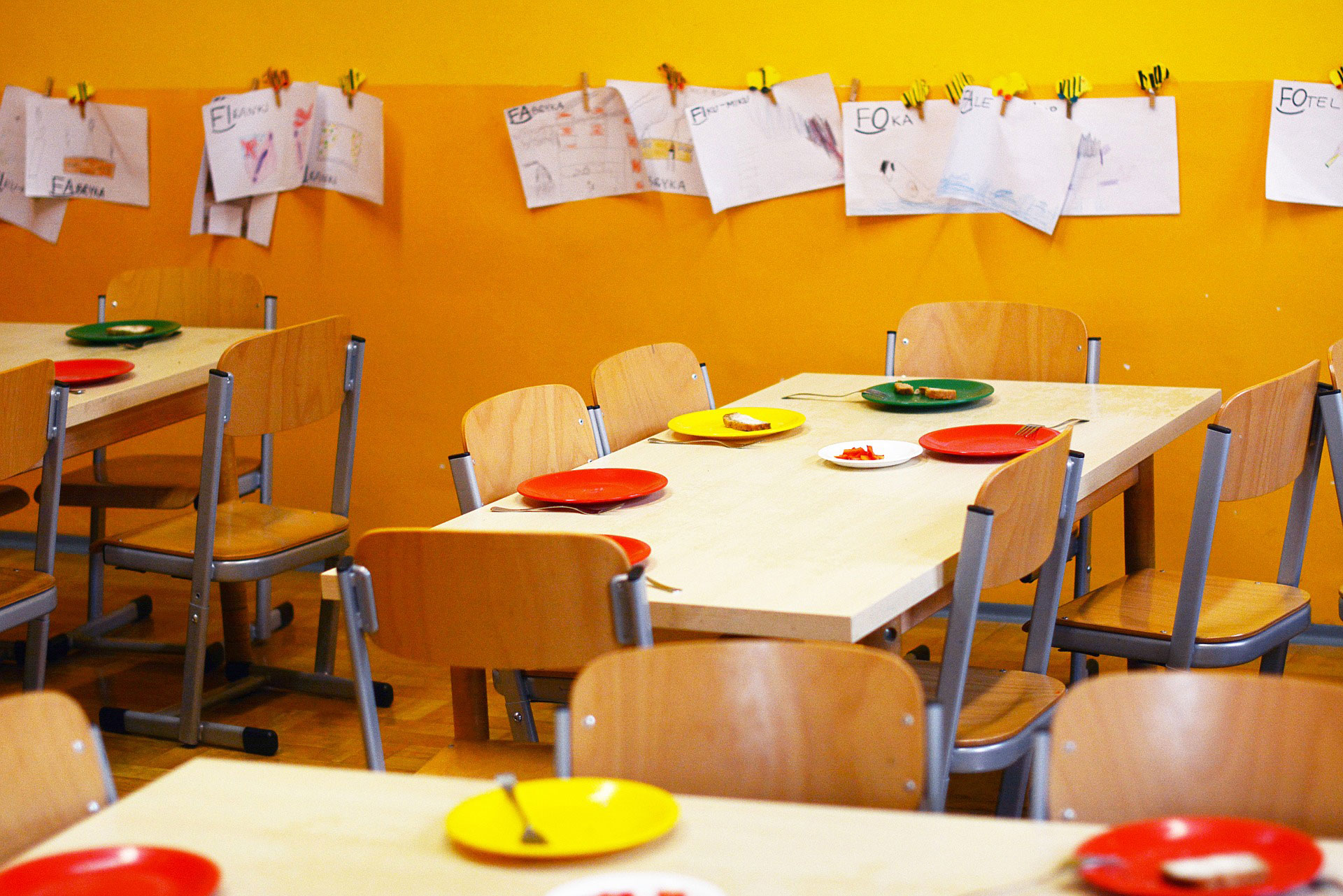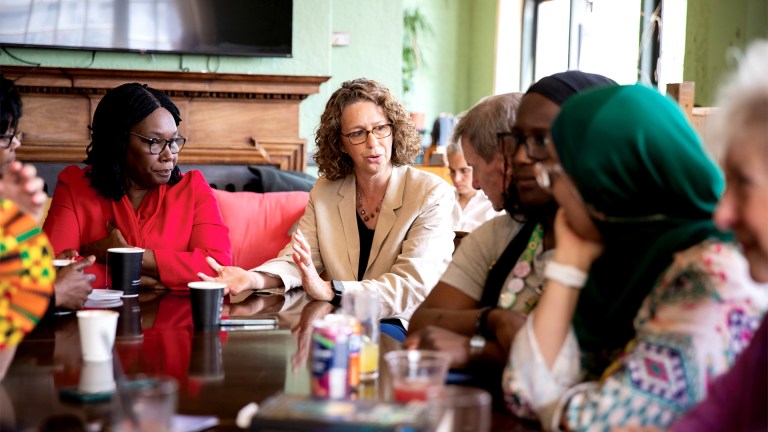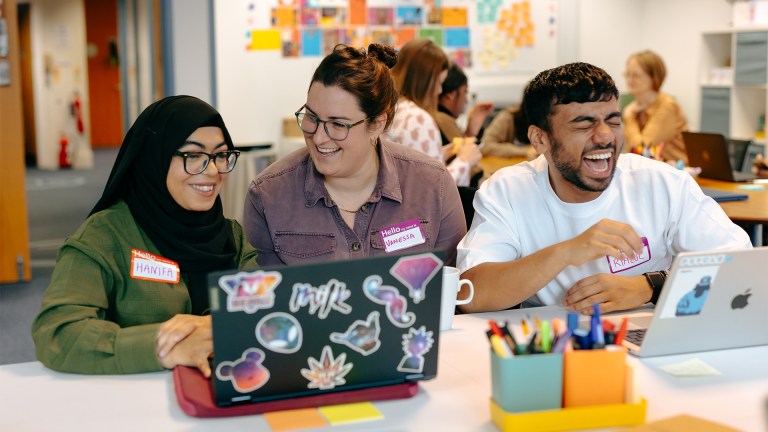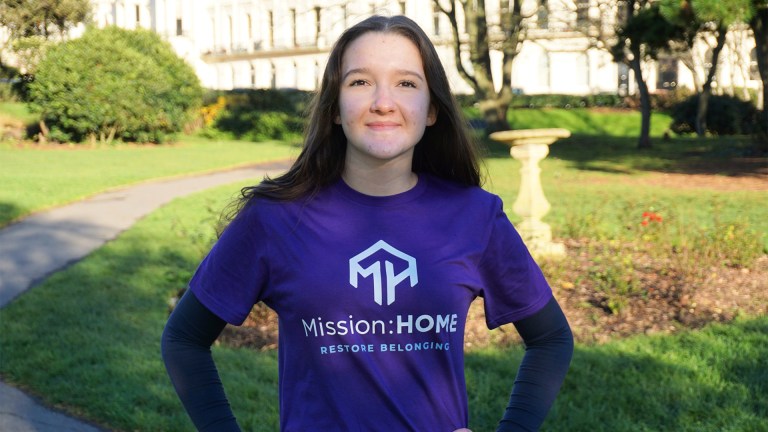The story, when I finally heard it, was shared – fittingly – over lunch at Jamie Oliver’s non-profit restaurant Fifteen in London. My auntie, unaware that I didn’t remember it, began to speak about the time when I was a young child and social services were called in. I froze. You were seen eating out of a bin, she continued. The one behind the chip shop in the village.
My face prickled and flushed, my guts dove. I felt a new, immediate wave of shame for a memory I couldn’t find, but an image I now couldn’t shake.
It would have been the school holidays, I quickly deduced – the long days when me and my brother would be sent out on to the streets of the estate in the morning and told to come home when the street lights came on. I might not remember crouching in the bin, amidst the debris and stench, but I knew that no child climbs into a bin and grabs fistfuls of discarded food unless they’re starving. It’s about as desperate as it gets. I felt ashamed. I still feel ashamed.
Growing up in a single-parent household that crackled with violence from the men who came through it, and where money was always in short supply, the school holidays were the worst of times.
In term time we’d have free school meals and clothes paid for with free uniform vouchers. Food in our bellies, clothes on our backs, shoes on our feet. Bags to put our schoolbooks in. The basic things that offer safety and security and a sense of normality for the kids who crave it.
I know something of their pain. Of their humiliation and shame
Thirty-odd years on, poverty is one of this country’s most crippling problems. The statistics are sobering: in 2018-2019 there were 4.2 million children living in poverty in the UK. That’s 30 per cent of children. Thirty per cent. Or, as the Child Poverty Action Group puts it: nine kids in a class of 30. The numbers are even more stark for children from black and minority ethnic groups – with 45 per cent in poverty.









